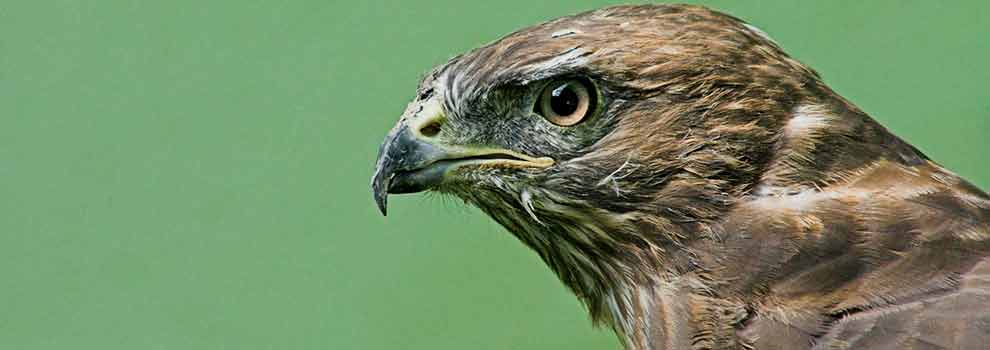- Find a Pet
- Advice and Welfare
- Ways to Give
- Get Involved
- What We Do
- Search
- My RSPCA
- Report a concern
- Gift in Wills
-
Colour modeVivid Calm
- Home
- Advice and welfare
- Wildlife
- Wildlife in captivity
- Licences to keep wild animals
Licences to keep wild animals
To keep a wild animal in captivity, you may need a licence. Licences are mostly about conservation rather than animal welfare, and many are linked to further legislation or international conventions.
The Department of Environment, Food and Rural Affairs (Defra) and Natural Resources Wales give out most licences in England and Wales. If you're unsure whether you need a licence, it's best to ask them. The list below isn't comprehensive, so we'd advise you to check with the relevant authority first.

CITES
The international trade in endangered species is controlled by the Convention on International Trade in Endangered Species of Wild Flora and Fauna (CITES).
To use certain CITES-listed species of animal for commercial reasons, such as buying, selling or displaying to paying customers, you'll need an Article 10 Certificate from Defra. Note that all owl species are listed under CITES.
Zoo Licensing Act 1981
If you display any wild animal (defined as one 'not normally domesticated in Great Britain') to the public for seven or more days in a twelve-month period, you must apply for a licence from your local authority.
For an explanation of 'not normally domesticated', see Annex A of Defra's Guide to the Zoo Licensing Act.
Dangerous Wild Animals Act 1976
If you display any wild animal (defined as one 'not normally domesticated in Great Britain') to the public for seven or more days in a twelve-month period, you must apply for a licence from your local authority.
For an explanation of 'not normally domesticated', see Annex A of Defra's Guide to the Zoo Licensing Act.
Wildlife and Countryside Act 1981
Birds of prey listed on Schedule 4 of this Act must be registered if kept in captivity and marked with a leg ring and/or microchip, or have a licence to be kept unringed. Visit Defra's or Natural Resources Wales' web pages for more information.
Destructive Imported Animals Act 1932 & The Grey Squirrels (Prohibition of Importation and Keeping) Order 1937
For certain species, such as grey squirrels and American mink, a licence is required under this Act from Natural England or the Welsh Government to keep them in captivity.
In July 2016, the European Commission published the first list of Invasive Alien Species of Union Concern, which came into force on 3 August 2016. See 'FAQ for UK stakeholders' for information about what these regulations mean for you as an owner.
Follow the links below to learn more about exotic pets and the welfare of wild animals in captivity.



